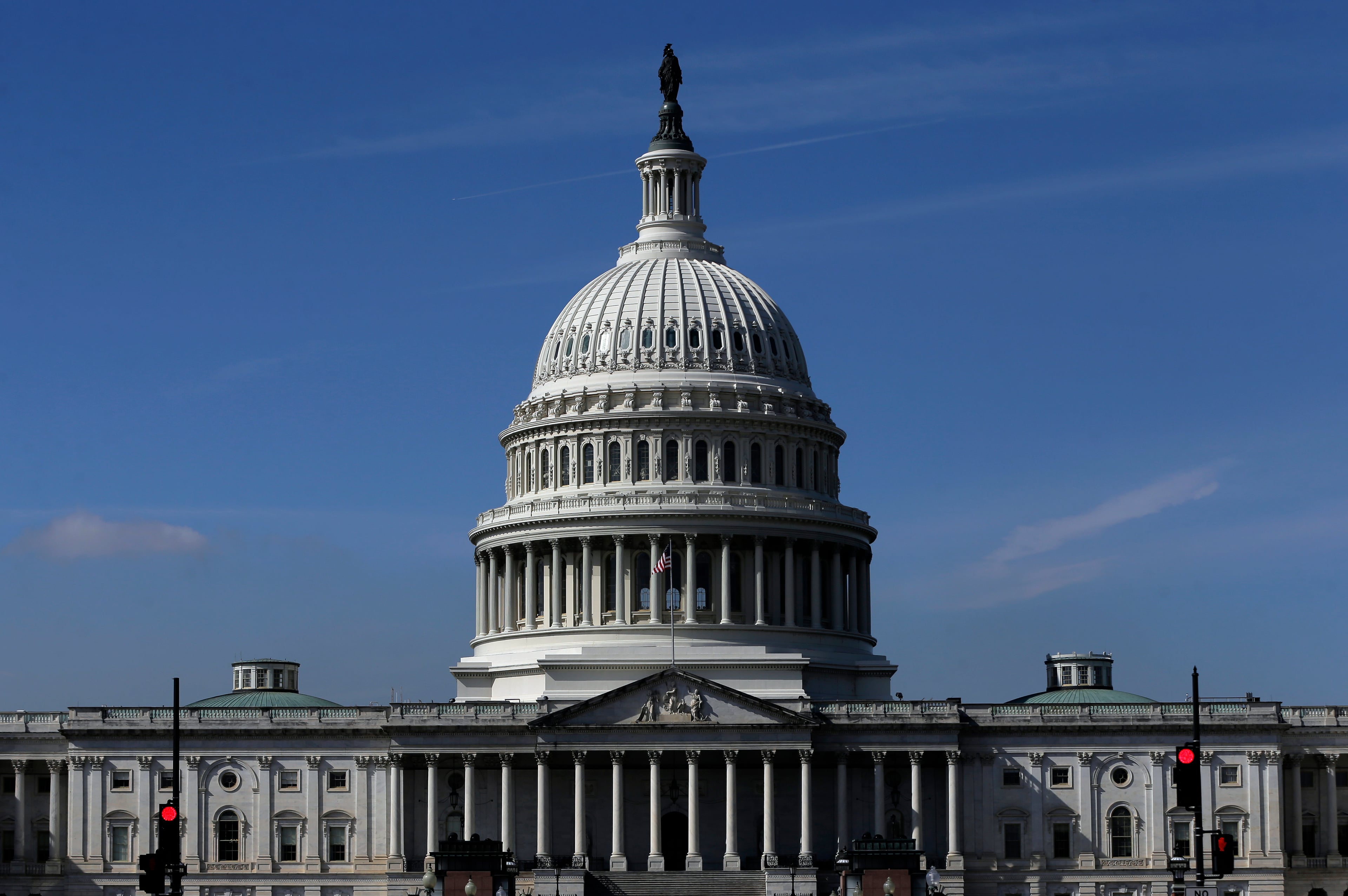Jamie Dupree: Republicans still unable to act on spending
One year ago, Republicans were on the verge of dumping their Speaker of the House in a GOP brawl set off by internal disputes over government funding plans.
A year later — with a new Speaker in office — House Republicans find themselves in basically the same position.
GOP lawmakers still can’t muster enough votes to pass next year’s government funding bills. And House Republicans again needed help this week from Democrats to avoid a government shutdown.
“I’m very upset with the whole process,” said U.S. Rep. Rich McCormick, R-Suwanee, who wanted Republicans to pass all 12 government funding bills by the end of September but also refused to support a temporary funding extension into December.
Everyone knows that with a tiny House majority, the GOP can’t impose their policy and spending plans on a Senate and White House controlled by Democrats. But the unusual level of House Republican dysfunction has undercut their policy goals and crippled their election year messaging on spending.
This year’s story is a familiar one.
The GOP only passed five of 12 government funding bills, so Republicans needed a temporary funding bill by Oct. 1, the start of the new fiscal year.
House Republicans then tried to attach a big GOP policy item to that short-term funding bill, but conservative Republicans broke ranks to defeat it.
That forced GOP leaders to ask Democrats to help pass a short-term measure to avoid a shutdown.
On the sidelines, House Democrats continue to be flabbergasted by GOP missteps on government funding, as well as the inability of Republicans to stay united and govern.
“Slow learners, apparently,” said U.S. Rep. Hank Johnson, D-Lithonia. “It’s painful for the nation.”
“House Democrats have now avoided a reckless Republican government shutdown on five different occasions,” said House Minority Leader Hakeem Jeffries, D-N.Y. “That is the story of the 118th Congress.”
Even if you try to ignore the historic move by Republicans last year to oust their Speaker, the legislative story of this GOP House is puzzling.
For example, the top priority of the GOP — a bill dealing with energy costs — was approved by the House in March 2023, but never was sent to the Senate for action.
“We didn’t even transfer that over to the Senate when we passed it,” admitted U.S. Rep. Cory Mills, R-Fla.
House Republicans also held back bills they passed on health care, COVID funding fraud, border security funding and more.
We all know that’s not how you make laws.
It’s easy to talk but harder to govern, and U.S. House Republicans certainly have proved that again in this Congress.
Jamie Dupree has covered national politics and Congress from Washington, D.C., since the Reagan administration. His column appears weekly in The Atlanta Journal-Constitution. For more, check out his Capitol Hill newsletter at jamiedupree.substack.com


